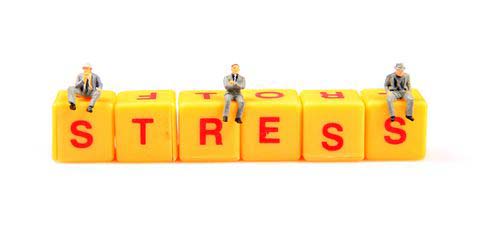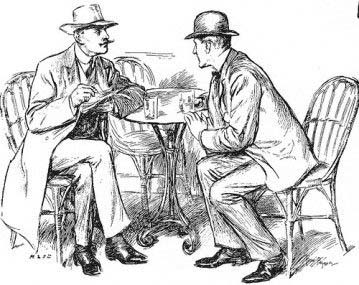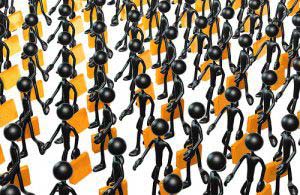
Jungian Psychotherapy & Career Transition in Tough Times
Career transition has a direct connection to Jungian case studies because career and vocation are matters of importance to the inmost self. This is even truer in tough economic times, when people face hard situations and hard choices. Tough times push us back onto questions…









